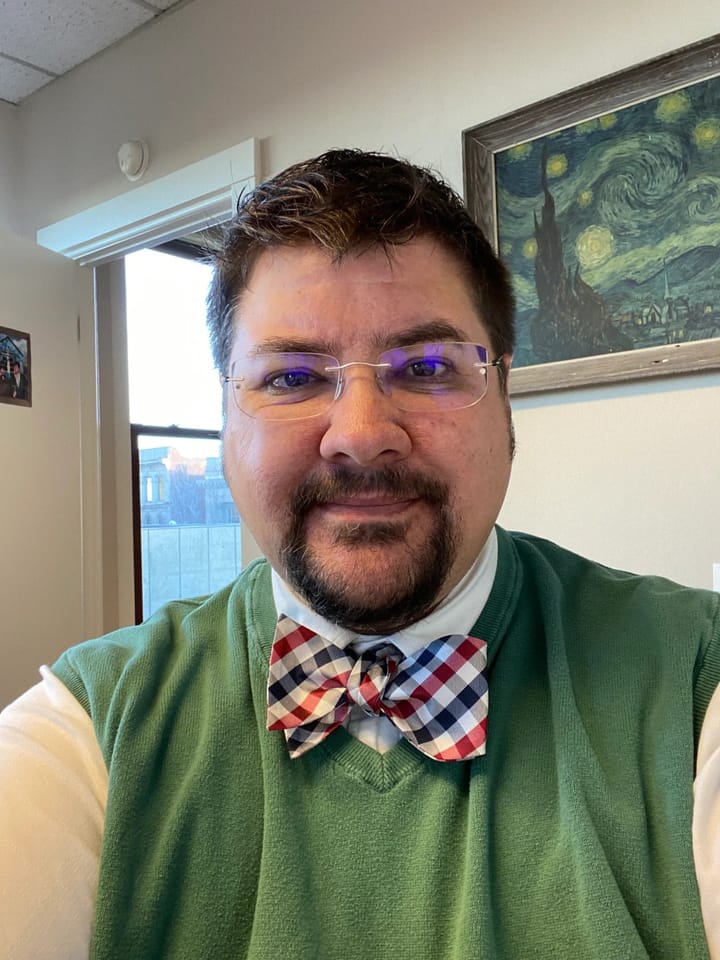Hacks & Wonks Producer's Cancer Diagnosis Prompts Early Detection Reminder

Shannon Cheng, longtime producer of the Hacks & Wonks political podcast, has been diagnosed with breast cancer, prompting an important reminder about the critical value of preventative health screenings.
Cheng, who has worked as both editor and producer of Hacks & Wonks and has worked alongside Crystal for years, was recently diagnosed but caught the cancer in its early stages through routine preventative screenings. Her prognosis is positive, with no apparent spread of the disease.
Despite the early detection and favorable prognosis, she faces an invasive course of treatment that podcast host Crystal Fincher described as "a lot to deal with and process." The diagnosis led to a temporary break for the podcast while Cheng underwent surgery and may be on a modified schedule as she continues treatment.
The Importance of Early Detection
Cheng's experience highlights the life-saving importance of regular cancer screenings, particularly as recent studies show increasing rates of various cancers among younger populations. Her early detection through routine mammograms and ultrasounds likely prevented a more serious outcome.
Medical experts consistently emphasize that early detection dramatically improves treatment outcomes and survival rates for breast cancer. Regular screenings can identify cancers before they spread, often making treatment less invasive and more effective.
The case also underscores the importance of monthly self-examinations, which can help detect changes between scheduled medical screenings. These simple preventative measures, easily incorporated into routine self-care, can be literally life-saving.
A Growing Concern for Younger Adults
Cheng's diagnosis reflects a troubling trend of increasing cancer rates among younger adults. Recent medical research has documented rising incidences of various cancers in people under traditional screening ages, making awareness and early detection even more critical.
Health professionals recommend that individuals discuss appropriate screening schedules with their primary care physicians, as guidelines may vary based on family history, risk factors, and emerging research about cancer patterns in younger populations.
The message from Cheng's experience is clear: don't delay routine screenings, maintain regular self-examinations, and prioritize preventative healthcare even when feeling healthy. Early detection remains one of the most powerful tools in fighting cancer successfully.




